While hybrid cars are expected to account for just 1.1% of total retail sales this year, IBISWorld anticipates hybrids will account for around 13% of total car sales by 2020. That's around 150,000 hybrid cars for the year
Consumers are gradually buying more fuel-efficient passenger vehicles at the expense of the traditional large Commodore and Falcons, and large SUVs. It is only in the last year that manufacturers have belatedly begun to recognise and respond to the significance of this shift in preferences.
Small and fuel-efficient cars have been available as imports in Australia over the past five years, but over the next five they will be manufactured locally. The new-to-market hybrid Camry hit the stores in February (with the help of a $35 million Government injection into its local manufacture). Toyota is hoping to sell 10,000 of these hybrid Camrys in 2010, around 10% of its total Camry sales.
With the Government already committing to the purchase of 2,000, they are on track to achieve this. Holden launched the Cruze in 2009, imported from its Korean plant. It intends to manufacture the car domestically from early 2011. This move represents a radical shift by a big brand name manufacturer of big cars.
The main focus over the next five years will be on technical innovation to steer the industry into a green future. This investment will be steered by changing consumer preferences but powered by government funding. Current government assistance schemes stem from the New Car Plan for a Greener Future initiative, which will inject $6.2 billion into the industry between 2009 and 2021, while the Green Innovation Fund ($1.3 billion from 2009-10 for 10 years) will fund companies investing in research and development in emission reduction.
IBISWorld expects companies will use these funds to develop cleaner engines, hybrid technology, greener components, electric vehicle technology, and infrastructure to support the shift towards more fuel-efficient vehicles.
With every single car maker launching a fuel-efficient car in the next five years, the $100 billion automotive industry in Australia is expected to return to positive growth. Australian car exports currently account for about half of Australian production but less than 1.0% of global exports. One of the key reasons for this is the fact that our cars aren't necessarily suitable for foreign markets, such as Europe, where people prefer small diesel vehicles.
Fuel-efficient engine technology may allow local manufacturers to enter markets they've previously struggled to crack. It’s all fuel for thought.

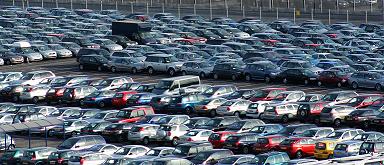
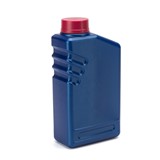
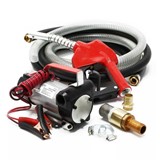

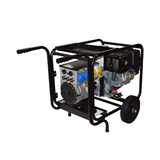




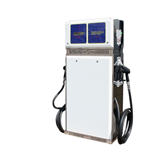

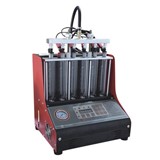
-160x160-state_article-rel-cat.jpg)